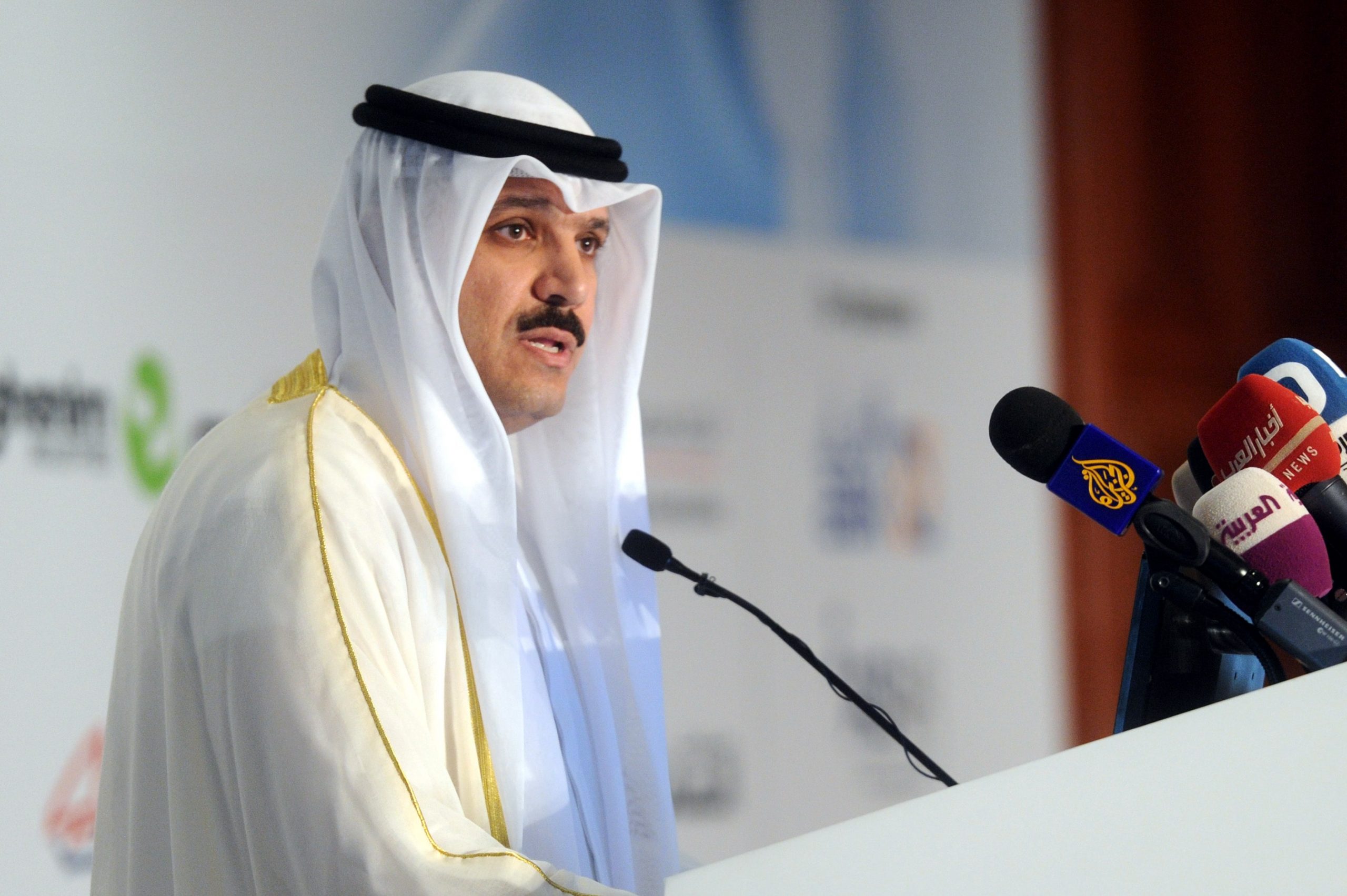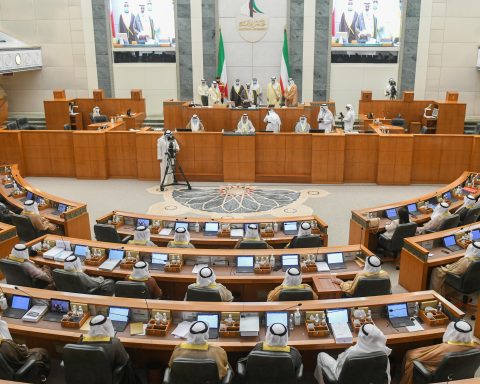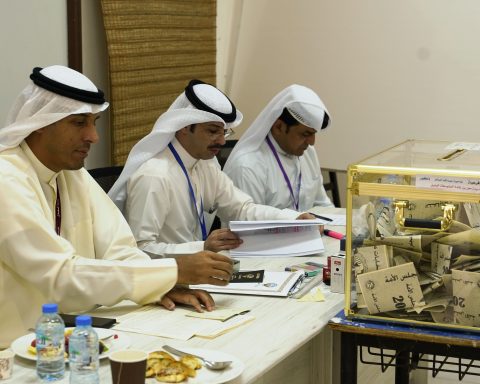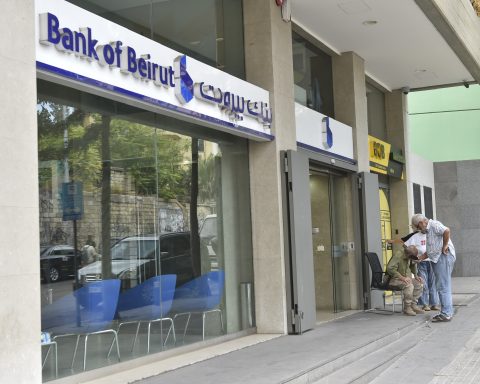In a press conference held on Monday, Kuwait’s Central Bank governor Mohammad Al-Hashel emphasized that more reforms are essential to provide economic stability in the country. Stressing the inadequacy of existing monetary tools in dealing with structural challenges, Al-Hashel called for urgent reforms to place the country’s finances on a more solid base.
In his speech during the press conference, Mohammad Al-Hashel said, “There is an urgent need for economic reforms, and all parties, especially the executive and legislative authority, must work to address all imbalances.” While he did not indicate any specific measures that could be taken for this purpose, the Central Bank’s chief underlined they should target to decrease the country’s economic dependence on oil revenues.
Sharing information regarding the current economic outlook, the governor stated that Kuwaiti banks’ liquidity is in good shape and profitability is at a decent level despite the economic difficulties brought forward by the COVID-19 pandemic. However, he warned against removing stimulus measures too quickly since this could result in loan defaults.
Last year, Kuwait’s central bank launched large-scale stimulus measures to ease the economic impact of the COVID-19 pandemic and sharp decrease in oil prices, on the banking sector and the economy in a wider sense. These precautions include decreasing a key discount rate twice to a record low, softening banks’ liquidity requirements, promoting banks’ lending capacity by raising maximum credit limits and reducing risk weights.
Meanwhile, the Central Bank issued a report on Monday, revealing data regarding the country’s economy. The report stated that non-performing loans, mostly originating from the real estate sector, increased by 43% in 2020, while the rate of non-performing loans remained healthy at 2%. The report noted, “While oil market conditions have improved, and despite the conservative $30/bbl price assumed in the fiscal year 20/21 budget, fiscal and macroeconomic reforms are still essential for Kuwait’s outlook.”
Earlier this month, ratings agency S&P downgraded the oil-rich Gulf country by one notch due to the deficiency of a funding strategy to fund Kuwait’s central government deficit, which was forecasted at 33% of the gross domestic product in the fiscal year that ended in March.
Since Kuwait’s parliament has not permitted the government to borrow, the country faces severe liquidity risks.














